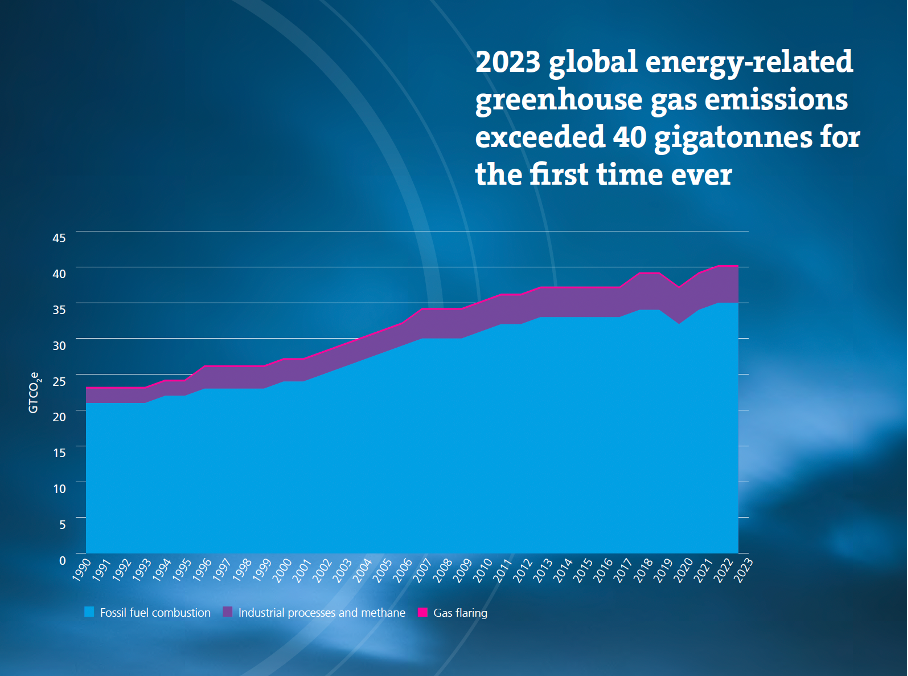We are hearing more and more from green circles that all attempts by some Western countries to build a climate-friendly economy and society with small national measures are simply not enough. The economy must be dismantled and not allowed to continue growing in a modified way. We need to return to a lower income, a simpler life and a significantly lower consumption of resources overall. De-growth, i.e. shrinking, is the keyword that is becoming increasingly widespread. ‘Only if we use less of everything is there a chance of keeping the dangerous tipping elements in the global climate system stable,’ says a recent commentary in the taz newspaper.
However, what sounds simple and logical when said in such general terms is simply impossible under real social conditions. The economy has no reverse gear. Backwards means catastrophe, because there is always the danger that the economy will collapse, even though the proponents of shrinkage do not actually want this. But if the economy collapses, then the green wishful thinking will quickly come to an end, because green will simply no longer be voted for. However, the layman’s idea of an economy that could shrink in a controlled and socially balanced way, because it was able to grow before, is particularly wrong because the very behaviours that are desired will no longer exist.
This is obvious with savings. If you want to shrink the economy, you have to call on people to spend less of their given income, i.e. to save more. If private households save more and nobody takes on the extra debt that is needed for an economy that is at least stagnating (as explained here), the economy will certainly shrink.
The only stupid thing is that every politician who calls for increased savings would have to say at the same time that precisely this saving is completely pointless, indeed that the individual even has to assume that not only will he or she not receive any interest, but that the money saved will lose value over time. There is no interest on savings because interest can only be paid when the economy is growing. But the absolute value of savings must also shrink if the economy shrinks in absolute terms. Money can never be worth more than the real value added behind it.
Politicians must therefore either lie to savers through their teeth or rely on stupid savers not realising for decades how they are being systematically deceived by the politicians they have elected. Let’s imagine exactly this policy on a global scale and then the sudden awakening when it is realised around the world that everything the capital markets have ‘produced’ over many years was just hot air, because politicians in all countries did not want to produce exactly what they promised their savers in the first place. The economic crisis that can then be expected will be far worse than anything we have ever seen before. After that, it will never be possible to persuade people to save more, they will immediately spend every euro or dollar they can get their hands on.
How ignorant you have to be to even demand that the German debt brake be tightened in order to give our children and grandchildren enough ‘financial resources’ to arm themselves when the climate catastrophe comes (according to the commentary in the taz linked above). The ‘financial resources’ of the taz are also only available if the economy is growing. If you use the debt brake to shrink the economy, you also shrink the financial resources of future generations.
The economy cannot go backwards. It could be redirected (as shown here ). But this would require a consensus at global level that would effectively limit the amount of fossil fuels that are extracted from the earth and burned. This consensus does not exist. Anyone who is interested in the subject would actually know this. But many people who are constantly talking about it don’t want to know. They probably refuse to acknowledge the global facts because then their tiny little world view would collapse.
The Energy Institute has just published its Statistical Review of World Energy, which presents the global greenhouse gas emissions associated primarily with the combustion of fossil fuels for the period from 1990 to 2023.
The result is simple: the global energy transition is an illusion. In 2023, a new record level of over 40 gigatonnes of greenhouse gas emissions has been reached. This also means that all attempts by individual countries or individuals to move closer to climate neutrality are pointless. All political efforts must be focussed on the global level. Only when there is a global agreement to limit the production of fossil fuels, which would be noticeable in the consumer countries in the form of significantly rising prices for these raw materials, will it be possible to deal rationally with the economic consequences at national level and adapt. Everything else is symbolic politics and window-dressing.





